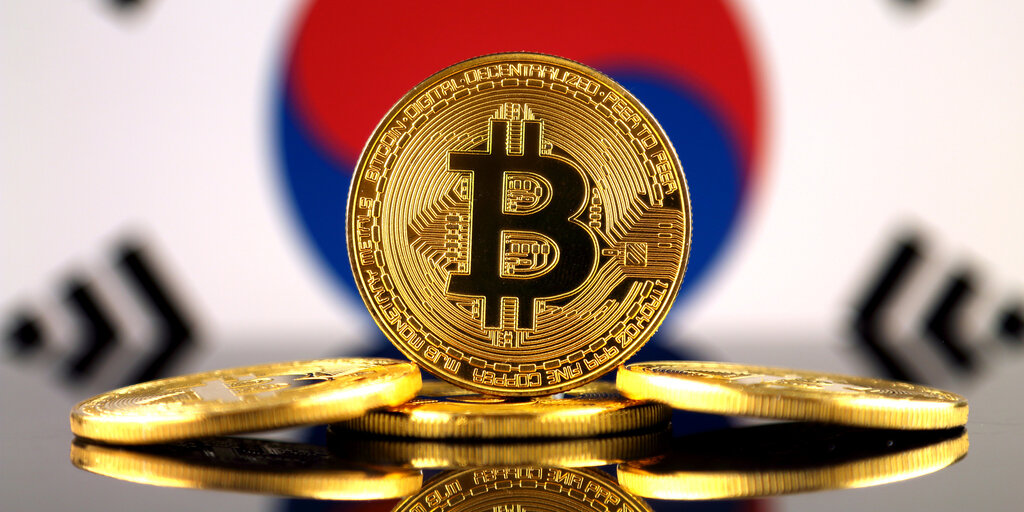South Korea Wants to Lift Its Ban on Institutional Crypto Trading: Report - Decrypt
01/08/2025 11:32
“We will work to align with global regulations in the virtual asset market,” said South Korea’s FSC Secretary-General Kwon Dae-young.
South Korea is set to relax its restrictions on institutional crypto trading, making a major policy shift as the government looks to support the nation’s crypto sector.
The country’s Financial Services Commission (FSC) plans to gradually grant institutions access to local crypto exchanges, starting with non-profit organizations, according to a translated Yonhap News Agency report.
For years, banking guidelines have limited institutional trading, even though no official ban exists. Currently, only retail traders in South Korea, verified through real-name accounts, are allowed to participate in crypto trading.
The FSC, however, is set to work with its Digital Asset Committee to roll out institutional access in phases, clearing the way for wider institutional involvement in the market.
The initiative builds on the Virtual Asset User Protection Act, enacted last year to improve investor safeguards and crack down on unfair trading practices.
The law introduced strict measures such as requiring exchanges to store user funds in financial institutions, maintain cold wallet reserves, and obtain insurance against potential losses.
The FSC plans to expand the law’s scope, introducing new regulations for stablecoins, crypto exchanges, and token listings.
“We need to discuss how to create listing standards, what to do with stablecoins, and how to create rules of conduct for virtual asset exchanges,” FSC Secretary-General Kwon Dae-young told Yonhap. “We will work to align with global regulations in the virtual asset market.”
Looking ahead, the FSC is preparing to introduce a system to review the eligibility of major shareholders in virtual asset companies through revisions to the Special Financial Transactions Act.
The act is South Korea’s primary law for enforcing anti-money laundering and financial transparency standards.
The FSC plans to improve self-regulation within the crypto industry by tightening the screening criteria for speculative assets like meme coins.
The agency also intends to introduce forensic tools to investigate and combat unlawful trading behaviors, ensuring a safer environment for users.
While these plans mark progress, South Korea’s crypto reforms have faced significant setbacks due to political turmoil.
In December 2024, now-impeached President Yoon Suk Yeol declared martial law amidst mounting tensions, temporarily halting legislative priorities.
The sidelined legislation included much-anticipated legalization of securities token offerings (STOs) and the introduction of real-name corporate accounts.
Edited by Stacy Elliott.
Daily Debrief Newsletter
Start every day with the top news stories right now, plus original features, a podcast, videos and more.